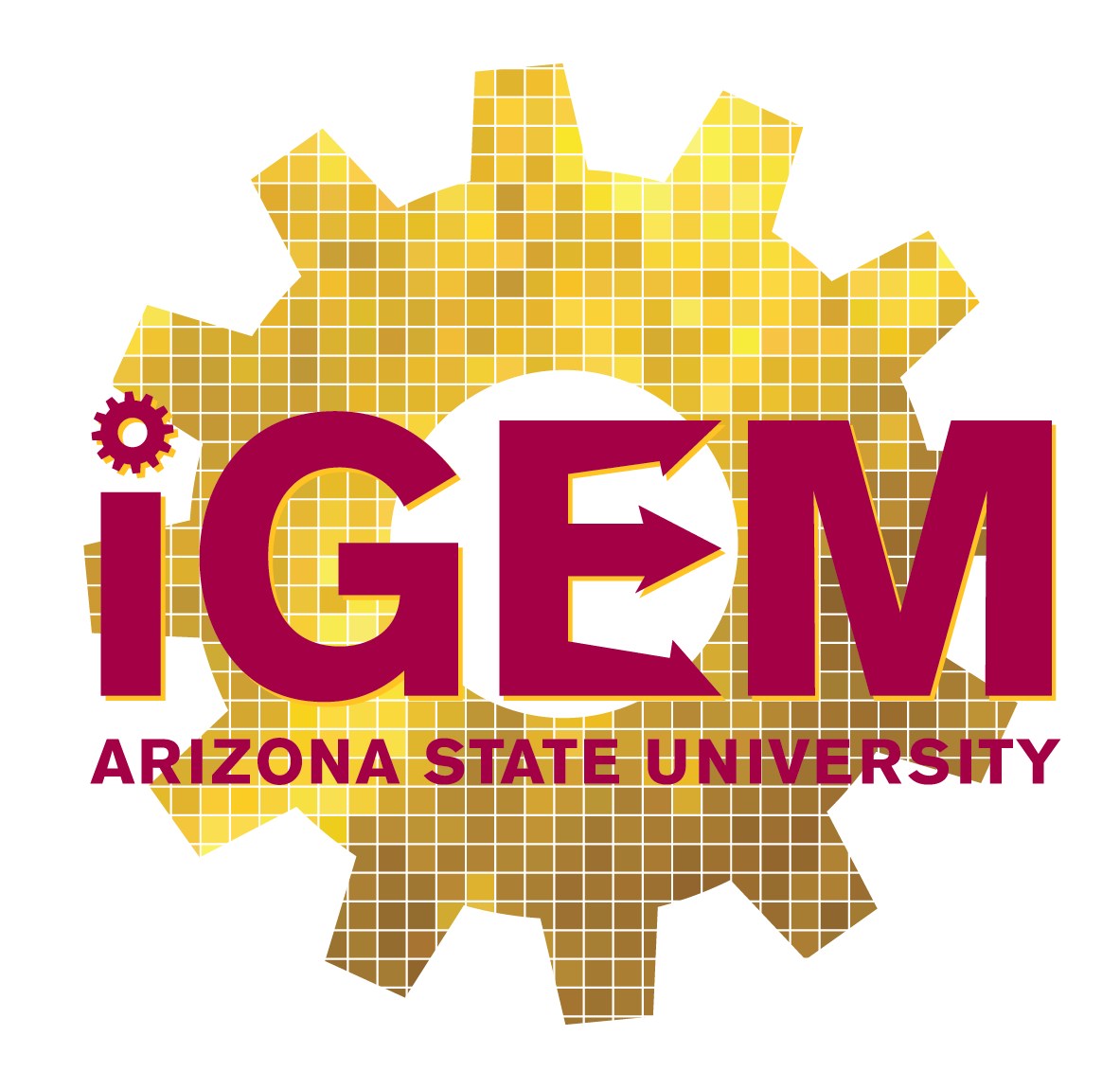Team:Arizona State/Notebook/Other
From 2011.igem.org
|
|
ASU iGEM ApplicationIn recruiting members for the very first iGEM team at Arizona State University, we created an application to collect more information about interested students, their backgrounds, and their motivations for contributing to this endeavor. Students were also interviewed by a small group of undergraduates who began the ASU iGEM initiative to evaluate their enthusiasm and dedication towards what would become a very busy summer. Running a Successful iGEM TeamWe sought out many different resources for advice regarding the formation of an iGEM team. This is a document prepared by Dr. Wayne Materi of the National Institute for Nanotechnology in Edmonton, Canada. We found it particularly useful before we spoke with anyone who had participated in iGEM previously, and we would like to share the document here for the benefit of other start-up teams. Proposal to Fulton Schools of EngineeringUpon deciding on the topic of CRISPR for our 2011 iGEM project, we compiled a project proposal for the Deans of the Engineering Schools at Arizona State University. This proposal included on overview of iGEM, a profile of the particular target that we first envisioned for our synthetically-directed CRISPR construct, and a general description of our project plans. Upon the inception of our project, we quickly realized that targeting the antibiotic-resistant supergene New Delhi Metallo-beta-lactamase 1 (NDM-1) was not feasible to complete in the timespan of an iGEM project. In addition to time constraints, this particular application faced the difficulties of: the selection pressures of antibiotic resistance, the relatively restricted distribution of NDM-1 positive bacterial strains, and the lack of a robust platform for CRISPR-mediated gene silencing. Thus, the focus of our iGEM efforts shifted to this last issue, the development of a platform for silencing any gene of interest. |
 "
"
